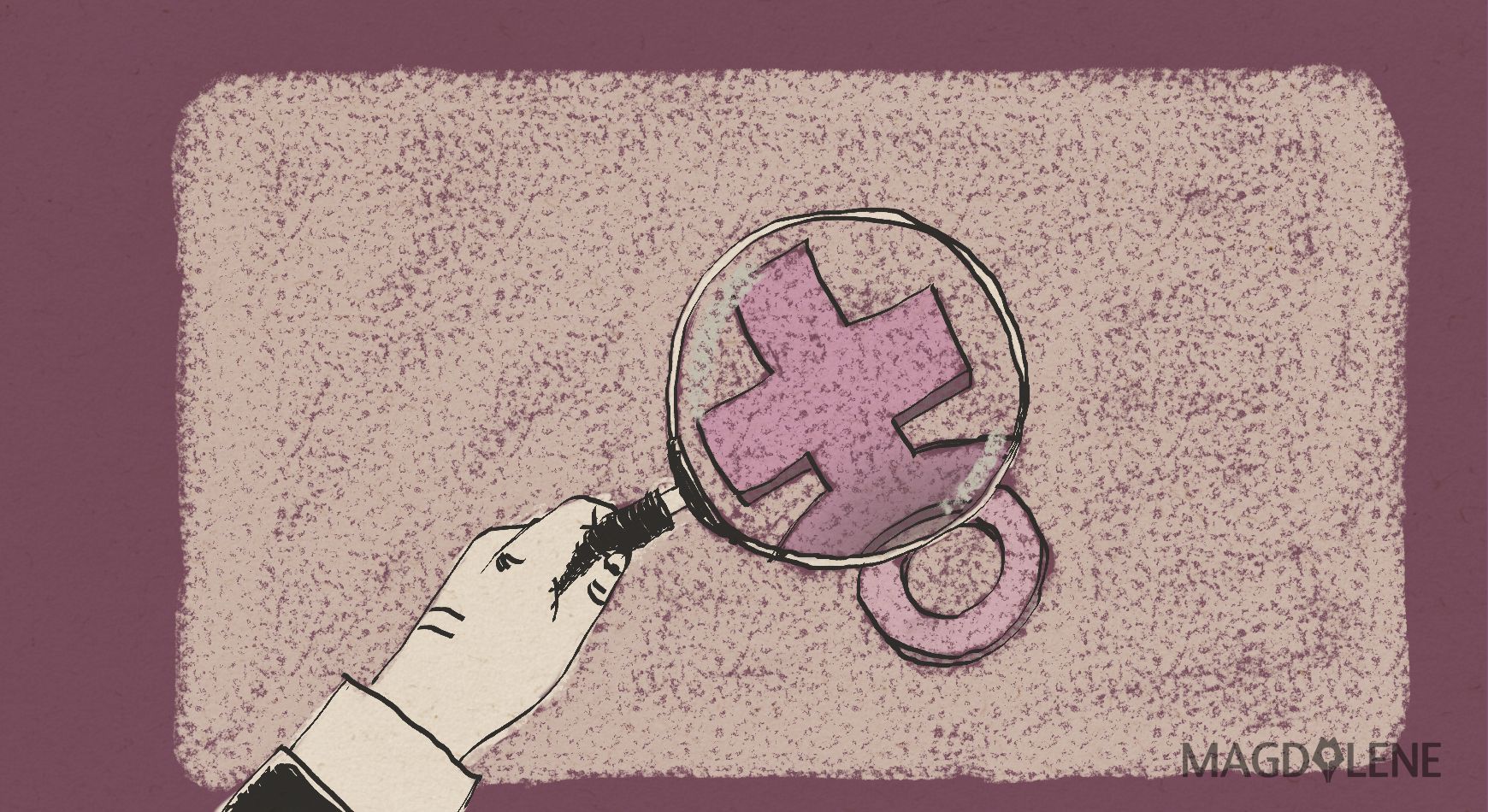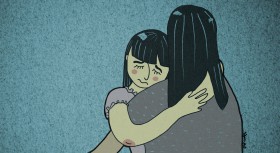I’m here in a city in the north of England, writing a project on transforming social norms within Syrian refugee communities, who marry off their daughters in an attempt to have “fewer mouths to feed”.
Since the Syrian uprising that erupted in 2011, millions of its people have been displaced across the Middle East, many of them ending up at refugee camps. Imagine, then, a situation in which economic uncertainties are combined with strong patriarchal values. One of the sad outcomes takes form in child marriage.
Girls are always the first to provide quick reliefs for their parents’ economic burden. A UN Report stated that child marriage prevalence is at its highest in the world’s poorest countries, from Sub-Saharan Africa, to the Middle East, to South Asia. This is just one of the many issues lying at the heart of discussions on women empowerment. It serves as a hindrance to development, creating further cycles of poverty, illiteracy and domestic abuse. The project requires me to communicate development, which is a product of time and space evolvement, in ways that do not dictate the local values, yet still aim for a social change. How is that even possible?
While child marriage, human trafficking and maternal death are at a horrifying state in most developing nations, issues reflecting on women’s oppression also exist in developed countries. Unequal gender-based work pay affect women across the developed world , with the underlying conception that women practically have at least a few months off work when they get pregnant, something that men cannot be subjected to, obviously.
In the political sphere – the major domain of power in society – gender composition of leaders remains imbalance as well. Biological differences are clearly of inevitability. However, beyond a mere disparity of numbers, a large number of women remain in the subordinate section of society. In this case, the problem lies in how these “inevitable biological” differences have been used as a domain for power-relations, rendering one more powerful than the other.
With oppression against women prevalent (or subtly prevalent) around the globe, different forms of oppression take place in varying levels of society, from those that can quickly incite public outrage, to those that hardly catch people’s attention. Thanks to the media that carefully curate instances of oppression to women, the latter have become hard to recognize.
As an Indonesian, I would like to draw an example for this analysis on Maritime and Fisheries Minister Susi Pudjiastuti, who has been taking up many pages of news outlets in Indonesia. Doesn’t she look like a symbol of liberation with her straight-up “don’t mess with me” attitude? I don't have to remind you of how the Indonesian media race to follow her day and night after her appointment late last year, or how they were quick to zoom in on her outer appearance – a tattoo-clad chain smoker – and the fact that she is a mere secondary school graduate.
What many Indonesians overlooked is how the media or the public unfairly and unabashedly treated her not as a politician, but as a woman. It is upsetting when one notices how the Indonesian media never bothered to mention in their stories any cigarette-smoking male politician, although there are plenty of them who puff in public. The media also never expressed their concerns about a certain tattooed male politician who has been married twice, because a man’s gotta do what a man’s gotta do, right?
Consequently, this is the way society treats women who do not act or look according to the constructed orthodox social mold. We allow ourselves to willingly embrace this attitude: if a woman who is visible in public does not conform to the social construct that has long been subjected for the sex, then she is an outlier who needs to be scrutinized. Even more terrifying is the fact that the media allow this to take place, glorifying and basking in the unfair attitudes towards women, even those who are in power.
Speaking of which, I am not even going into details on the case of Julia Gillard, the former first ever unmarried female Australian prime minister, whose body was awfully linked to the quail small breasts of Kentucky Fried Chicken at the Australian Liberal National Party dinner.
It is easy to simply accept it as how society works, and nothing can be done to change it. But justice and equality are very much long overdue. We are moving forward to a time when women have more access and chances, and quantity does speak volumes, but at the same time, we are not there yet. We are still not all-embracing and we still fall back to the attitude that allows oppressive nature to take place, whether consciously of unconsciously – attitude that allows things like cat calling, “deviant women” bashing on the media, to child marriage to persist.
You are now probably responding in the back of your mind with this common cynical remark on any writings about women empowerment, ‘Well, you have identified a problem that had been identified a million times. Now what is your solution?’
I have to regret that I have no answer to that, but I have one for this: How many more decades will it take before we no longer have to pay fortunes to A-list stars like Emma Watson or Beyoncé to beg justice for human beings who were born with uterus? The numbers are endless.
*A version of this piece was originally published in the volume 3 of Perspektif Magazine, an Australian publication based in Melbourne.
Mary Rasita is an Indonesian living in Leeds, an edgy and strange city in the north of England. When she's not writing a thesis to complete her Masters in Political Communication, she works for a charity-based Student Union that deals with environmental issues. Other than that, she frequently rants about gender equality.








Comments